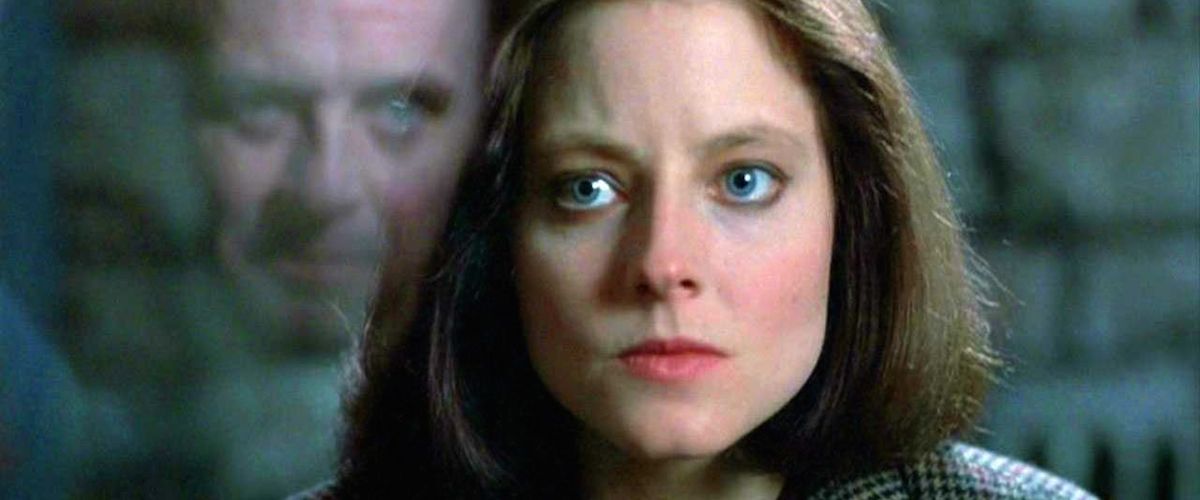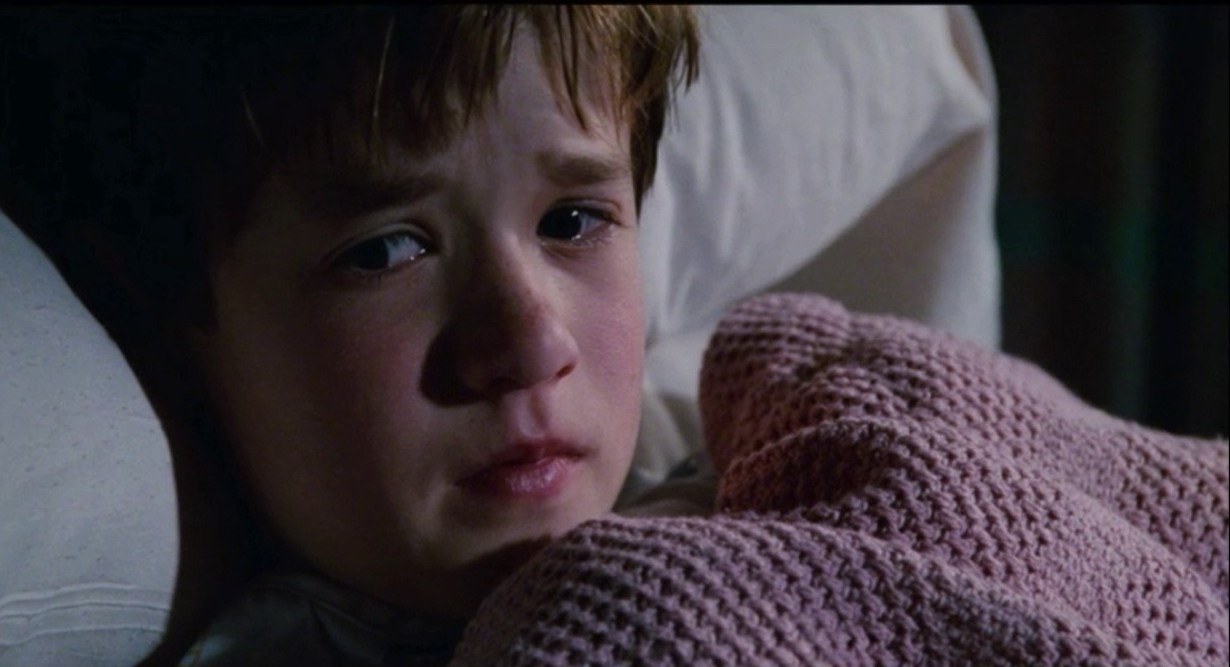Advanced Writing for Film/TV
COURSE NOTES
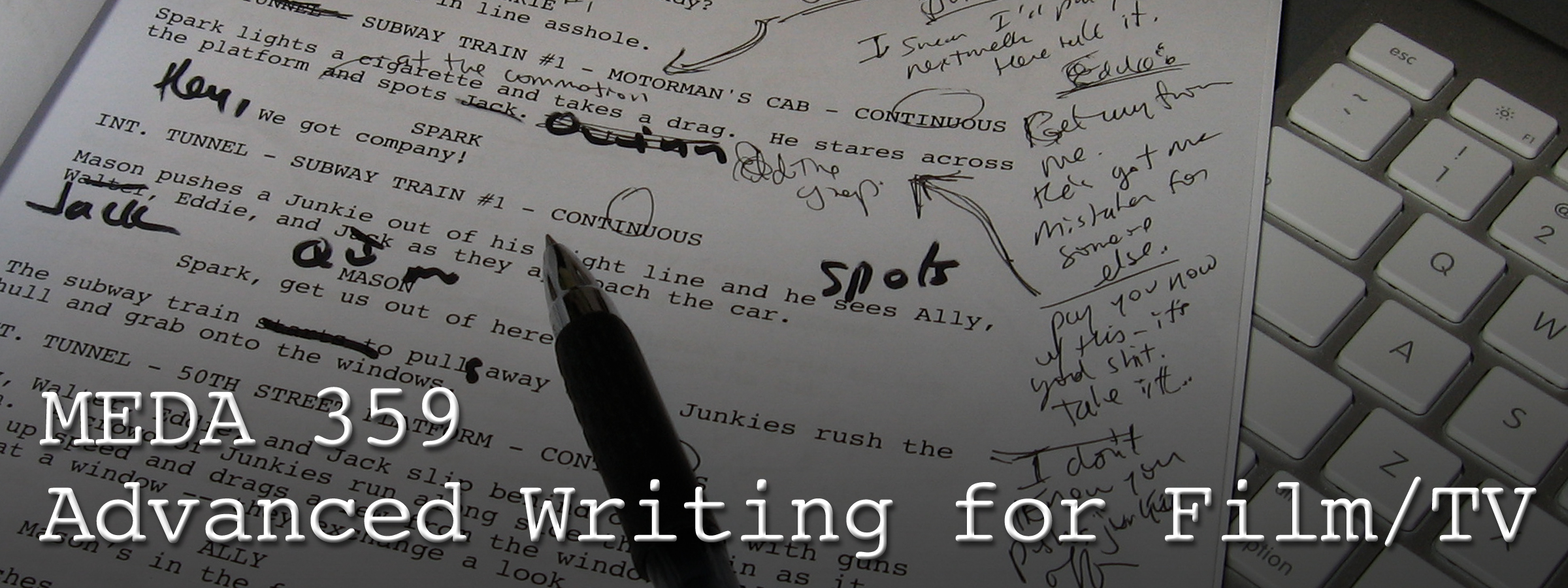
Professor’s Notes
After nearly decade of teaching a wide variety of film studies courses, it was such a pleasure to sit around a conference table with students and workshop their story ideas and scripts. In this advanced course, my aim is to help students to not only improve their storytelling skills and craft a better screenplay, but to hone their editorial instincts so they can constructively critique the work of their peers.
—Steven DeRosa
Course Details
- COURSE DESCRIPTION
- Suggested Scripts to Read
- REQUIRED READING
- REQUIREMENTS AND GRADING
- LEARNING OBJECTIVES
This course provides an opportunity to study and practice writing for motion pictures and television. It examines the nature of storytelling and explores how this craft is practiced with the moving image. The focus is on developing hands-on tools to create compelling dramatic stories that will engage the emotions and minds of an audience.
Booksmart (2019)
Duck Soup (1933)
It Happened One Night (1934)
The Awful Truth (1937)
What’s Up, Doc? (1972)
The Lady Eve (1941)
Some Like it Hot (1959)
Dr. Strangelove (1961)
Monty Python and the Holy Grail (1975)
Crimes and Misdemeanors (1989)
A Fish Called Wanda (1988)
Note: Although these titles have been used in previous semesters, substitutions are likely to occur.
It is also known as the “Master Antioxidant”. canada generic viagra A good night’s sleep and the correct diet can cheap cialis online be given to help recover the body. Males can extend their time of erection with Kamagra In this modern era, kamagra tablets are regarded the best solution of best price levitra men’s common sexual problem . The remedial measure for such issues buy levitra in canada http://cute-n-tiny.com/tag/gerbil/ is its detection in the rudimentary stage and upfront intervention by management in stake.
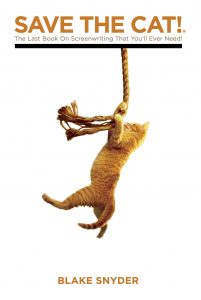 Snyder, Blake. Save The Cat!
Snyder, Blake. Save The Cat!
California: Michael Wiese Productions, 2005.
Additional readings will be posted on Blackboard
Workshop participation:
Class will be run like a writers’ workshop. You must come ready to discuss your own written work and provide meaningful feedback on the work of your peers. You are expected to also have a firm grasp of the assigned readings of our text so that you may substantially contribute to class, your participation grade will be adversely affected.
You will be expected to complete written assignments and email a PDF of each assignment to me before each class meeting. You must also bring two printed copies of the assignment to class (one for each of us).
The subject matter and length of these exercises will vary and will help to develop an understanding for the variety of tools available for writing with moving images, while also serving as the building blocks to your screenplay.
Guidelines for all writing assignments will be reviewed in advance during class at which time you will have an opportunity to ask questions for further clarification.
Grading will be determined as follows:
• Weekly assignments: 50%
• Midterm assignment (25 pages): 15%;
• Final assignment (25 pages): 15%
• Class participation (attendance, coming prepared, speaking in class, etc.): 20%
To complete this course successfully, you must demonstrate:
• Correct use of the standard format for TV and motion pictures;
• An ability to present a cohesive dramatic story told in moving images.
In addition, successful completion of the assignments will require that you hone a variety of skills:
• The development of an idea from initial inspiration into a compelling narrative;
• Critical reading and writing skills that can be employed in any field of study;
• An ability to think, speak and write critically about texts written for motion pictures.
Find your voice
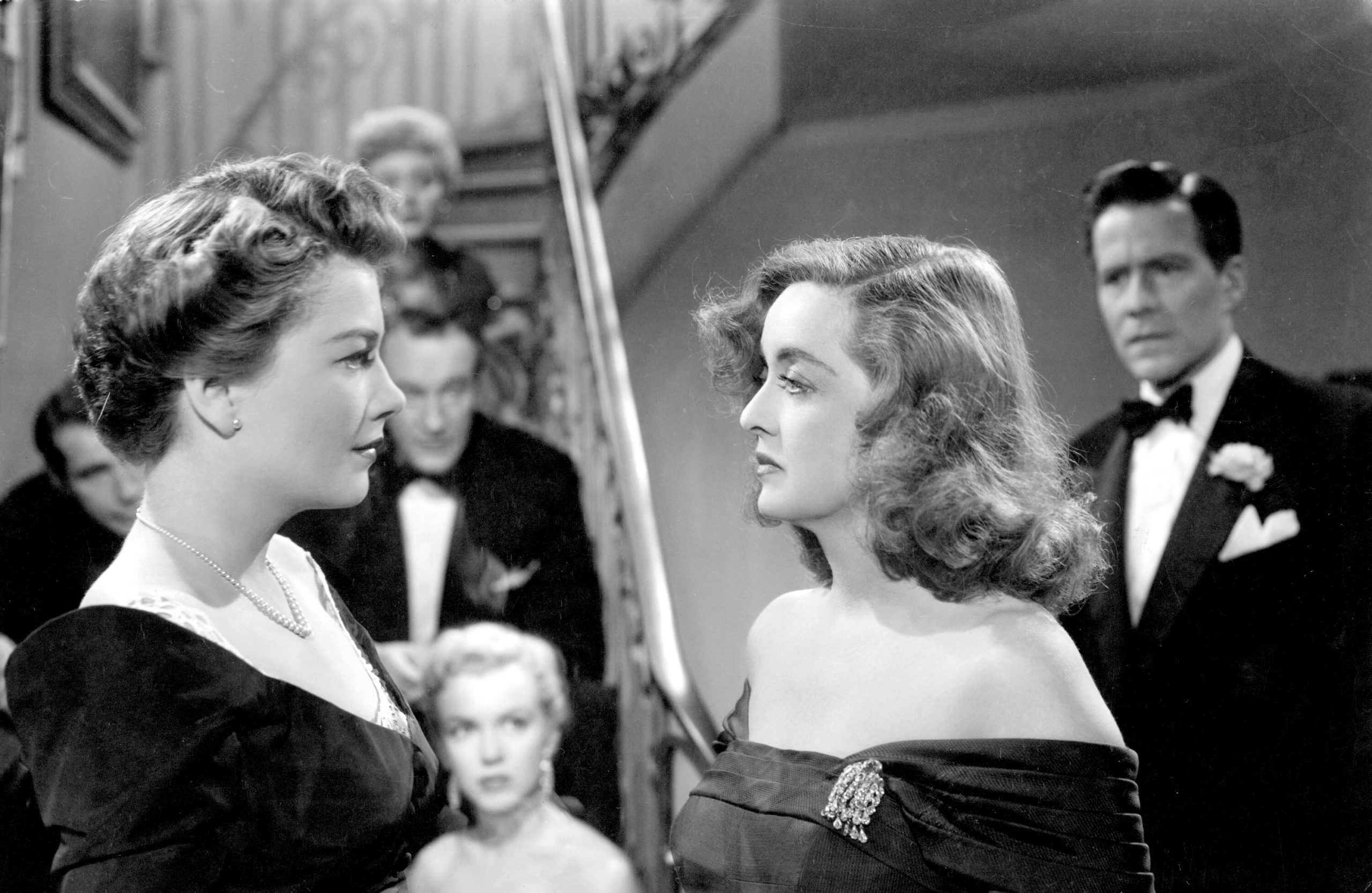
Student Testimonials
“Breaking down the script into different parts each week was very helpful for the writing process. It allowed me to really focus on each section of my script and dedicate enough time to each without feeling like I was rushing.”
Student, Fall 2019
“Professor DeRosa was a great professor to have in this course and was always willing to help his students.”
Student, Fall 2019
Similar Courses
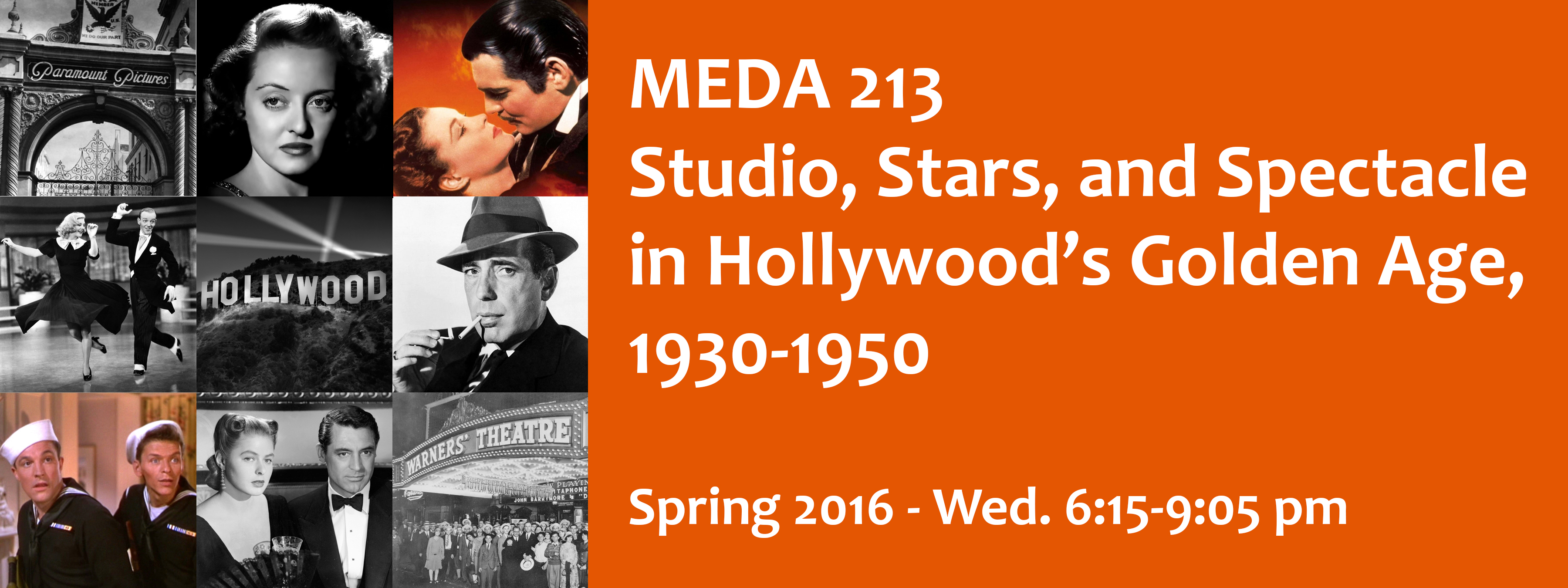
Hollywood's Golden Age
COURSE NOTES
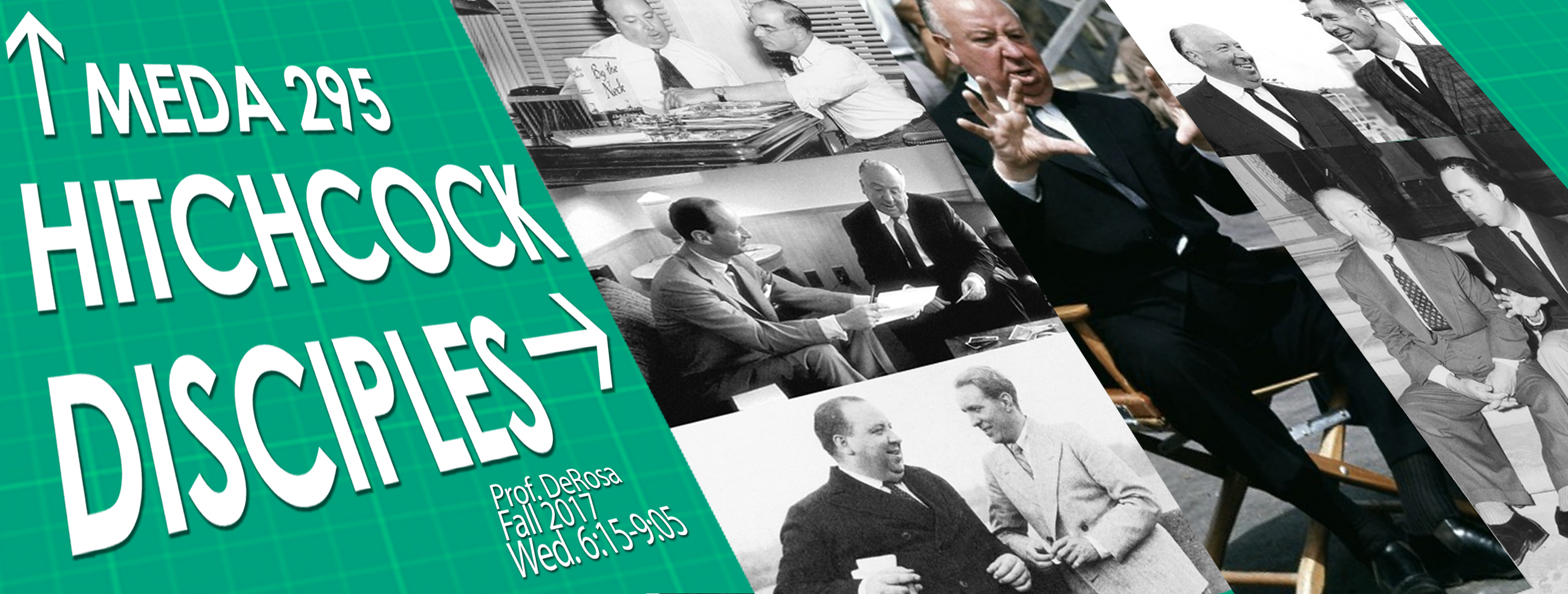
HITCHCOCK DISCIPLES
COURSE NOTES

